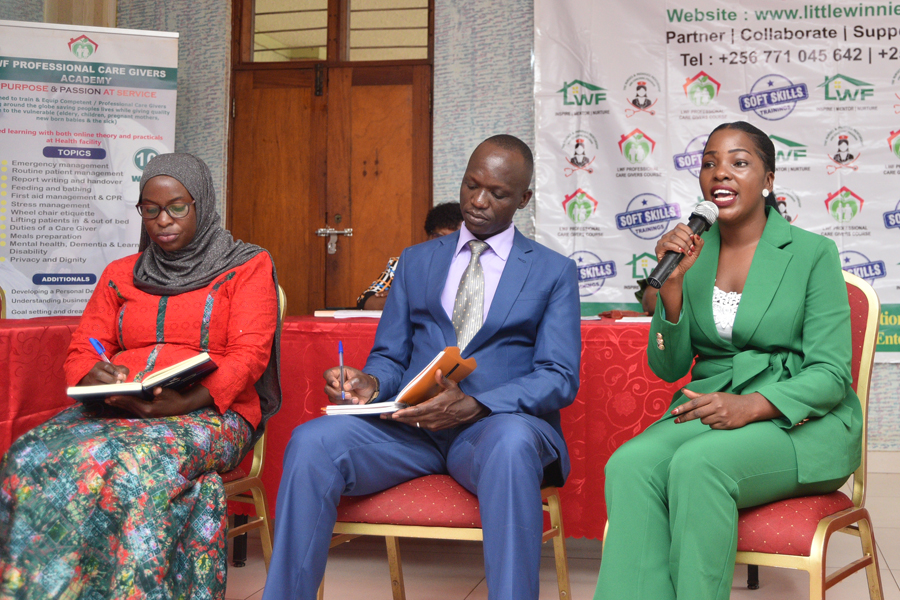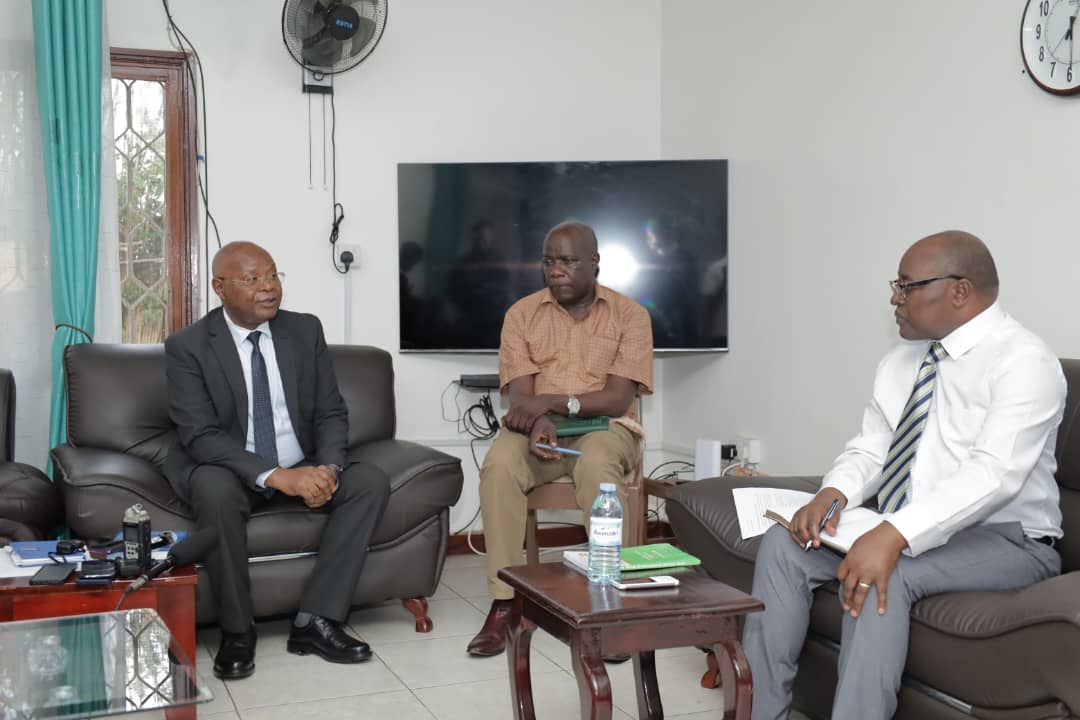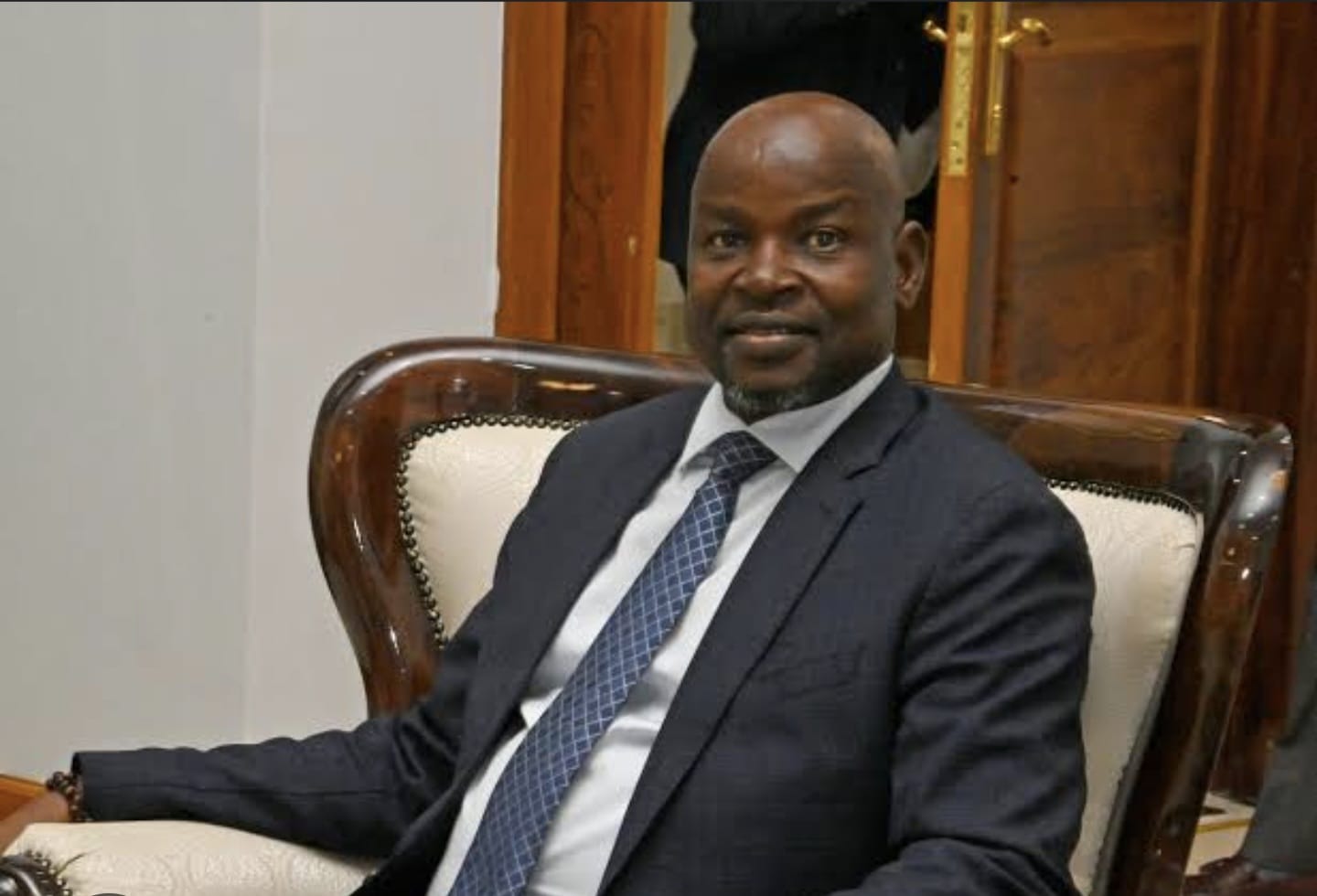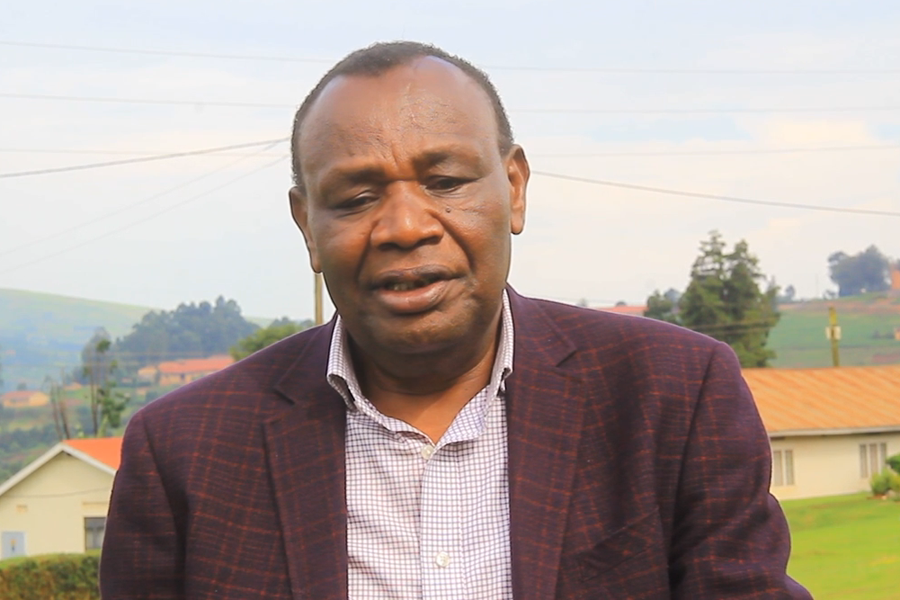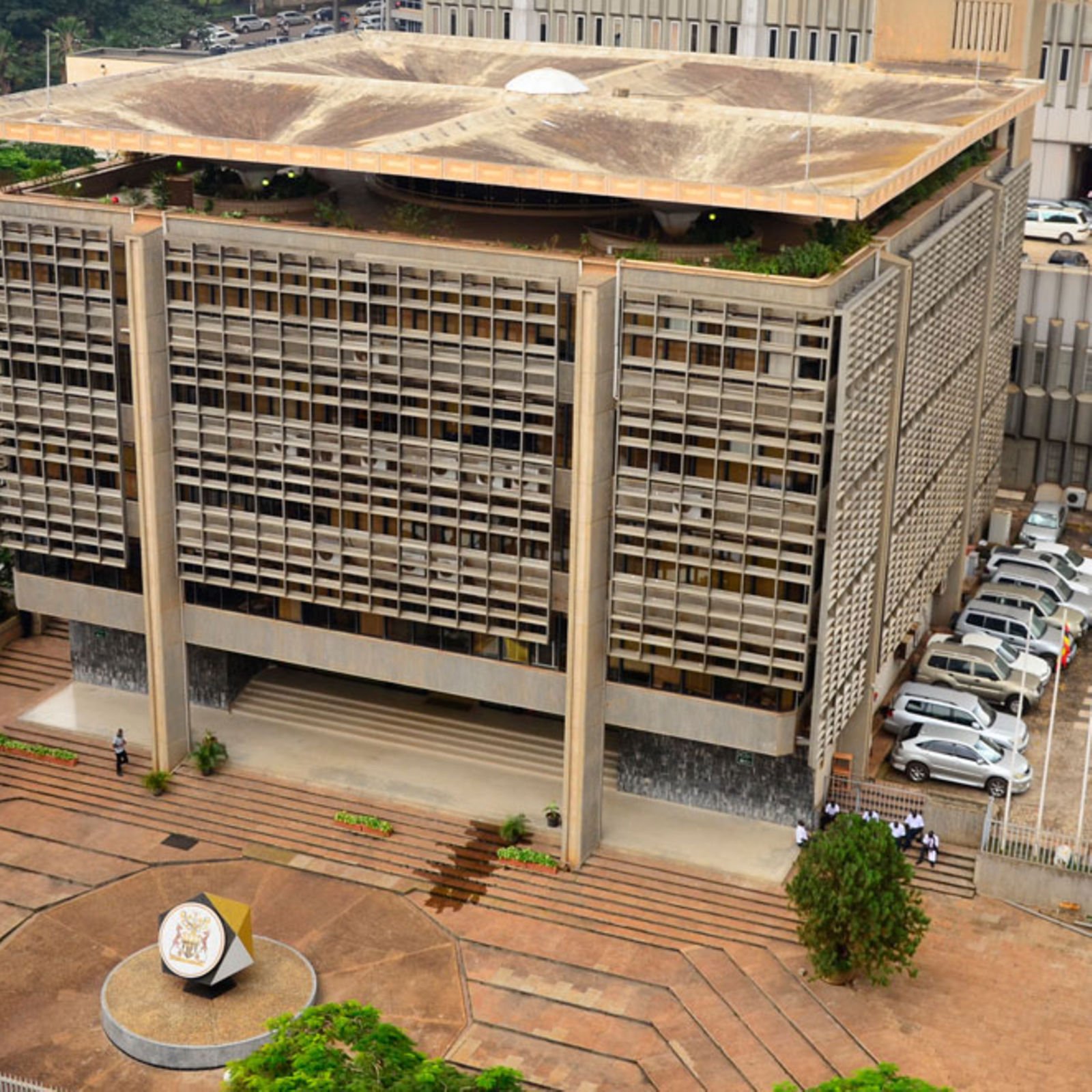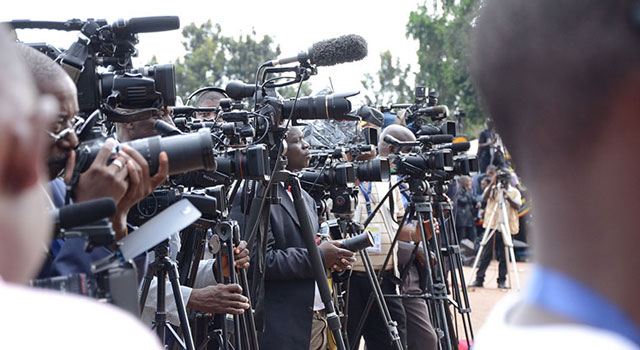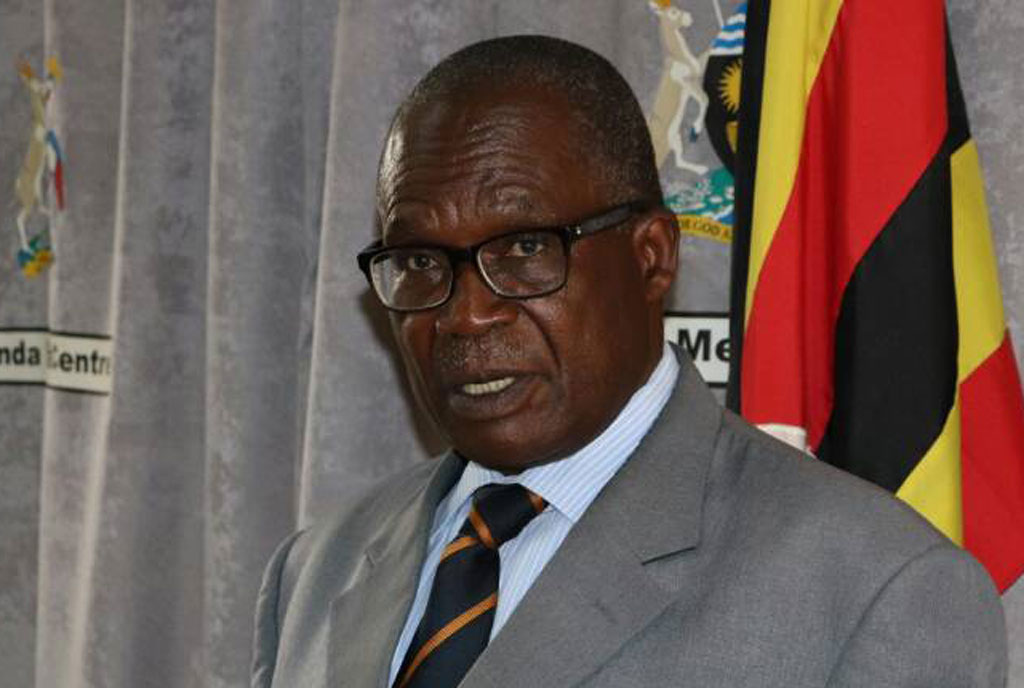UDB loan portfolio grows by 21%
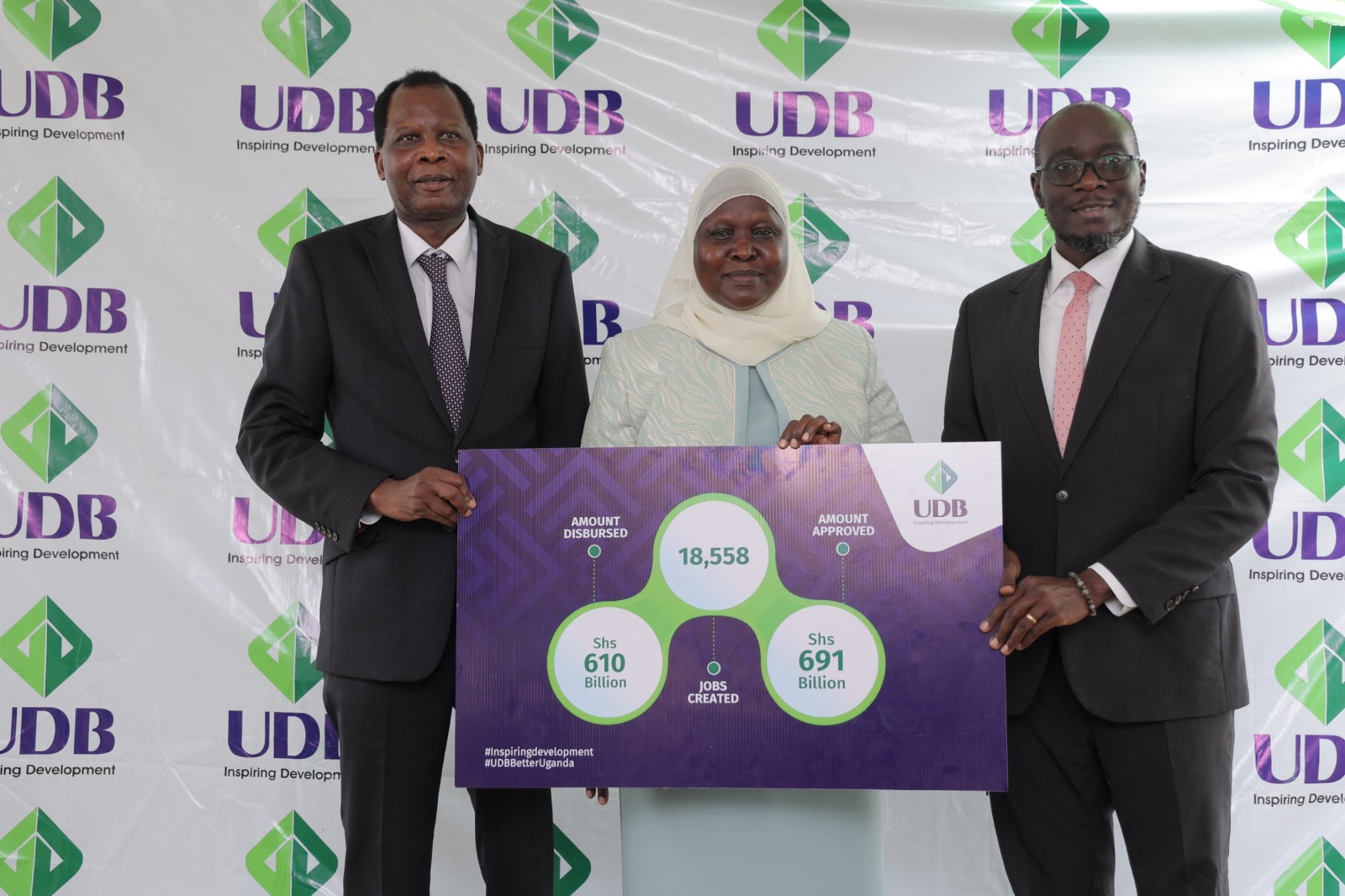
Uganda Development Bank’s (UDB) gross loan disbursements in the year 2023 grew by 21 percent while its total assets rose by 8 percent in a year marked with a roll out of new initiatives towards supporting the private sector.
During the year 2023, the bank approved funding amounting to shs691 billion to support 201 projects across the country.
Keep Reading
The unaudited results released on Wednesday by UDB indicated that its assets grew to shs1.64 trillion , growth attributed to an increase in gross loans to customers.
"During 2023, we delivered a strong set of results, consistent with the performance trend over the last couple of years, and in line with our role as the country’s development finance institution. The bank continues to make progress on its strategy implementation, fulfilling our primary mandate of generating tangible development outcomes that propel the country’s socio-economic progress. We remain resolute on carefully balancing these efforts with the need to be a financially sustainable institution," said Patricia Ojangole, the UDB Managing Director.
Ojangole further reported a slight uptick of 5 percent in borrowing and grants, reaching shs245 billion from shs232 billion in December 2022.
At least shs466.5 billion was collected in loan repayments and reinvested to fund disbursements to various enterprises during the year.
Consistent with UDB’s strategy to support the key sectors of the economy, the bulk of this approved funding, which is 59%, targeted the industry sector (agro-industrialization and manufacturing) with shs409 billion approved to this sector alone.
A sum of shs19 billion was allocated to fund primary agriculture activities while shs223 billion was approved to boost the infrastructure sector.
In the same year, actual funds disbursed amounted to shs610 billion to various projects across the country.
Industry took the lion’s share accounting for shs391 billion and representing 65 percent of the total disbursements, while primary agriculture accounted for shs38.5 billion, representing 6 percent, and the balance was disbursed to finance other sectors including infrastructure and services including health, education, and tourism.
On the front of socio-economic development18,558 jobs are expected to be created through the approved projects on top of generating shs 11.39 trillion in additional output value, shs 615.96 billion in tax revenue to the Government and shs3.3 trillion foreign revenue earnings.
To enhance development in the underserved segments of the country to include the SMEs, youth and women, UDB continues to effectively implement several strategies dubbed special programs, specifically tailor-made to support their development.
During the reporting period, the bank approved shs22 billion to support 118 enterprises in this segment and disbursed an additional shs17 billion to these segments.
Following its first deployment of Private Equity and Venture capital in December 2022, UDB invested another shs9.9 billion (with an additional shs25.3 billion approved) to innovative startups with high impact in sub-sectors like vaccine manufacture, electric-mobility, local paint manufacture, leather value addition, and eco-friendly building materials.
The Private Equity and Venture capital portfolio caters for the needs of SMEs or other entities such as startups that face challenges in accessing debt financing and require patient capital.
Uganda ranks highly globally as having an entrepreneurial population.
Albeit 70 percent of Ugandan enterprises never make it to their second year. Some of the challenges faced by SMEs today are bookkeeping, governance, sustainability planning, access to markets, access to credit, and financial literacy.
“Through our Business Accelerator for Successful Entrepreneurship (BASE) program, we extended business training to more than 500 enterprises across the country in 2023 of which 291 are to be incubated for funding in the year 2024. 61 percent of the enterprises trained were in the agriculture sector,” Ojangole said.
Adding that under the Business Acceleration Program, UDB has supported 40 projects across the agricultural sector (mainly farmer groups) SMEs, Youth, and Women.
The supported projects represent about 5,000 beneficiaries that have benefited from business advisory support, which has enabled them to catalyse and further grow their businesses.
“The bank has to-date committed shs5.066 billion towards the preparation of various projects and targeted funding initiatives," Ojangole explained.
As the country continues to recover from the devastating effects of COVID-19 and other constraints, there has been a surge in economic activity culminating in the rising demand for long-term credit to catalyze investments in the country.
The demand, as has been the trend recently, outstrips the resources available to the bank.
“I am happy to report that both capitalization and funding towards the bank grew, meaning we were enabled by the government to realize our strategic goals. The bank’s funds inched up year-on-year by 12 percent, from shs1.23 trillion to shs1.38 trillion attributed to capital Injections by the government during the period and retained and reinvested profits from the prior years, with these sources complemented by additional funding from funding partners. We continue to explore all options to improve our funding base to reach more enterprises thereby expanding the impact our impact,” Ojangole said.
In 2023, UDB rolled out several new initiatives aimed at propelling and facilitating equitable growth and working towards achieving a market-driven economy.
These included a special purpose vehicle with a unique and specific focus on financing, unlocking, and catalyzing private sector investment in local green sectors that drive green impact and financial inclusion.
The bank also launched a digital solution that offers both a savings and lending option for small-holder farmers in Uganda, and targeted financial and non-financial support to improve the competitiveness of emerging and existing Ugandan contractors.
In a bid to expand its footprint across the country, UDB set up the first regional office in Gulu City in 2023, to act as a liaison point for all the districts that constitute Northern Uganda.
According to Ojangole, in 2024, the bank is poised to solidify the gains achieved and remains committed to advancing its ambition of supporting private sector enterprises addressing crucial societal needs.


